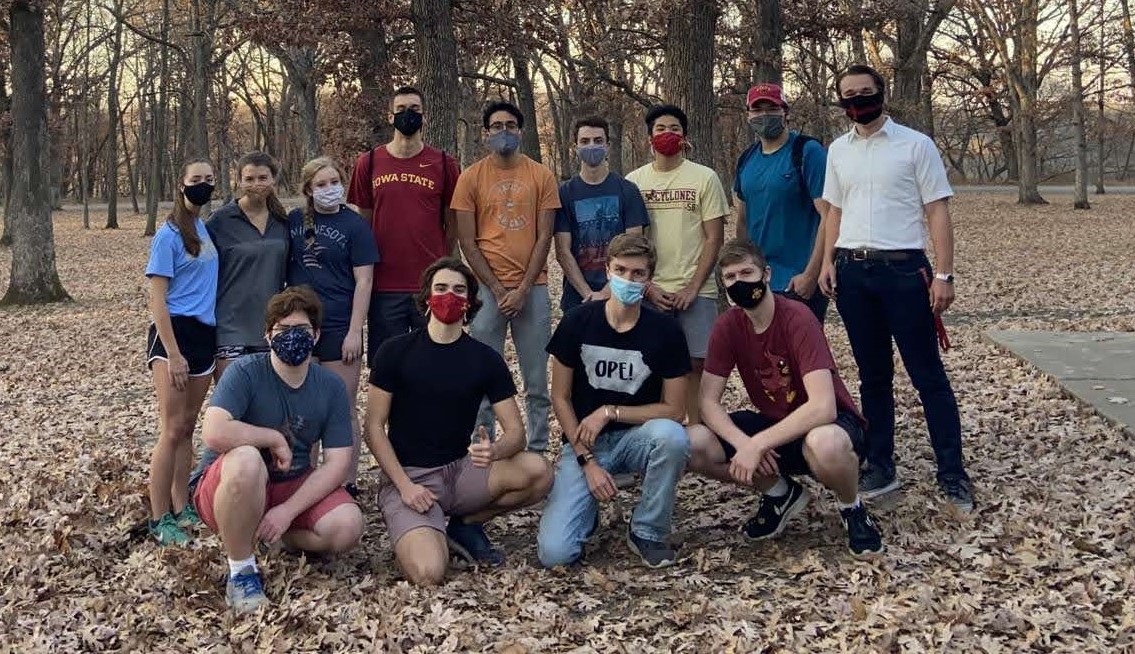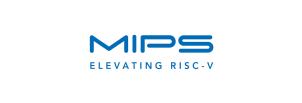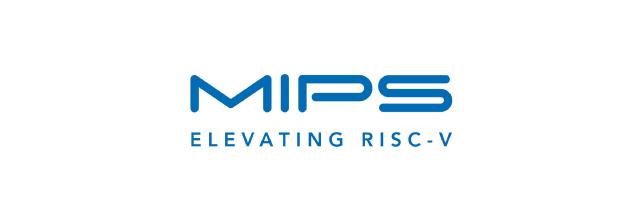If you wish to download a full, up-to-date copy of my resume, it can be found here.
ForwardEdge ASIC St. Paul, Minnesota
ASIC Design Verification Engineer | January 2025 - Present
After graduating, I joined ForwardEdge ASIC in a full-time pre-silicon verification role.
Infineon Technologies IR HiRel Andover, Massachusetts
IC Verification Intern | May 2024 - August 2024
My summer internship with Infineon introduced me to analog verification. Referencing the IC verification plan, I utilized Cadence Virtuoso to create top-level testbench schematics with the appropriate variables that would allow me to test the verification objective. I also had to collaborate closely with other verification engineers on the team to ensure consistency across various testbench parameters (process corners, temperatures, supply voltages, etc.) and test methodology. This was critical for obtaining accurate data during regression runs, which in turn was essential for discovering and fixing design issues that could introduce project delays. Following that project, I moved over to the digital environment to overhaul verification infrastructure for the error correction (SECDED) block, designing a parameterized SystemVerilog testbench and set of helper utilities that allowed for quick and effective testing of potential changes to the IP. I was also able to utilize my knowledge of error correction to make significant improvements to the existing SECDED validation framework in preparation for samples of the latest tapeout.
Western Digital Rochester, Minnesota
HDD SoC Development Engineer Intern | May 2023 - August 2023
This was my second experience at Western Digital, returning to the CPU team for the summer of 2023. Again, my primary responsibilities were targeted at creating and debugging UVM testbench components to verify design features, and as such, I continued to hone my knowledge of SystemVerilog and UVM.
During my 3-month stint, I was focused primarily on the CPU DRAM datapath, as there were several new hardware features for the latest SoC revision that needed to be verified.
This time around, I was much more involved in digging deeper into the RTL to find design issues, as I had pre-existing knowledge of the design and how it worked, and also because I was able to apply waveform analysis skills I'd learned in my processor architecture class in the spring.
As a side effect of working on the CPU DRAM datapath, I also learned about CPU memory virtualization and some of its workings and benefits from both a hardware implementation and a software architecture perspective.
In addition to these new experiences, I also maintained a few items I had developed during my previous co-op, and continued to collaborate with verification engineers to write effective functional coverage and close out testbench milestones.
HDD SoC Development Engineer Co-Op | May 2022 - December 2022
During my first experience working at Western Digital, I was able to greatly strengthen my understanding of SystemVerilog. In addition, I gained knowledge on a number of critical subjects,
including Universal Verification Methodology (UVM), ARM AMBA protocols, and improved my comprehension of object-oriented concepts. Among some other projects, I mainly created and debugged SV/UVM testbench components that allowed further
verification of the current SoC revision. I developed system arbitration UVM performance tests that allowed for extraction and analysis of performance and latency data for various CPU datapaths, and applied knowledge of AMBA protocols
to create UVM scoreboard setups for several other design components. I also developed a unit-simulation for a critical piece of DRAM datapath IP, which involved creating a SystemVerilog testbench for the IP, as well as an accompanying suite
of tests to hit corner-cases not generally seen in the top-level environment. In addition, I wrote functional and code coverage in order to close on testbench milestones, and I worked with a subset of the testbench that allowed for firmware-like C-code to be loaded and tested on the design.
As a whole, my first experience working at Western Digital significantly improved my understanding of CPU subsystems on embedded hardware.
Iowa State University Ames, Iowa
Level 1 IT Support | August 2020 - May 2022, January 2023 - December 2024
As IT support for the LAS College, technicians are expected to utilize an enthusiastic, yet professional personality in order to
provide a positive experience for professors and students. We deployed and provided support for classroom and office equipment located within our
building, as well as remote and on-site support for software and hardware issues via the Service-Now ticket system.







